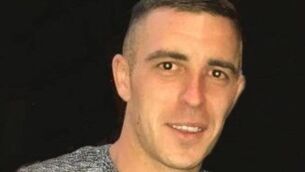Charity highlights role of teachers in suicide prevention
The seminar was held in response to a growing need in schools, as highlighted by teachers themselves.
Founder of Console Paul Kelly said support was needed not only at a time of crisis for students, but in the aftermath of a suicide to address bereavement in an appropriate and timely manner.













